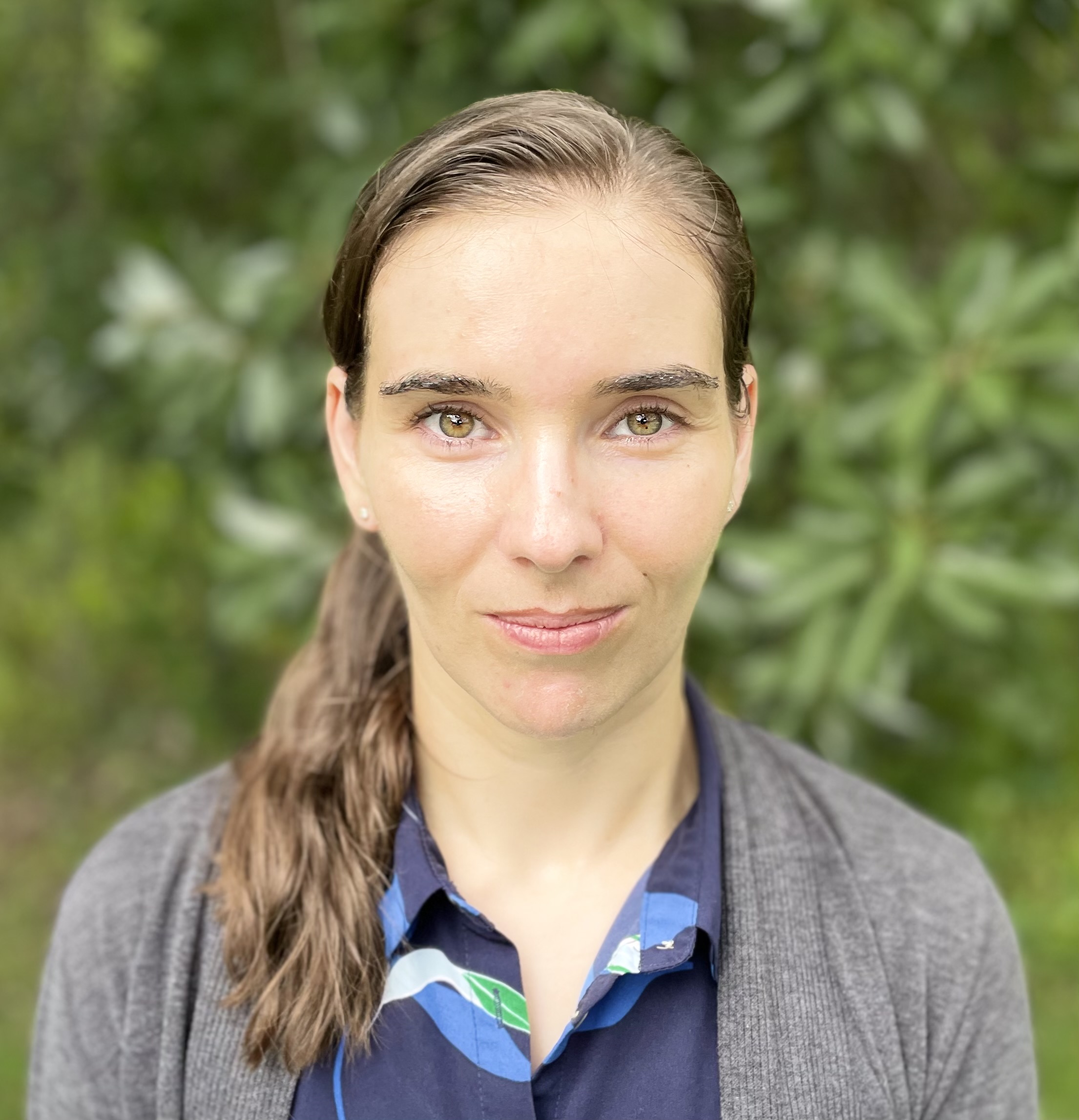
Source: UF IFAS Blog, Megan Winslow
The human body’s inability to break down sucralose, an artificial sweetener found in many zero-calorie food and drink products, is well established by scientific research. The compound is so stable that it escapes wastewater treatment processing and is in drinking water and aquatic environments.
“We can’t break down sucralose, and a lot of microorganisms can’t break it down, either, because it’s a really tough molecule that doesn’t degrade easily. So there are a lot of questions about how it is affecting the environment and whether it’s something that could impact our microbial communities,” said Tracey Schafer, an assistant research scientist for the University of Florida’s Whitney Laboratory for Marine Bioscience and the soil, water and ecosystem sciences department, part of UF’s Institute of Food and Agricultural Sciences.
Schafer is a co-author of a recently published study demonstrating how sucralose affects the behavior of cyanobacteria — an aquatic photosynthetic bacteria — and diatoms, microscopic algae that account for more than 30% of the primary food production in the marine food chain.
Researchers collected soil and water from a freshwater site and a brackish water site in Marineland, Florida. Back at their St. Augustine lab, they exposed samples to different sucralose concentrations and measured photosynthesis and microbial respiration in two separate time studies: every four to six hours during a single day and every 24 hours over the course of five days.
Full Article in the UF IFAS Blog
Media Coverage
Artificial Sweetener May Be Wreaking Havoc on Microorganisms - https://www.sciencealert.com/artificial-sweetener-may-be-wreaking-havoc-on-microorganisms
The environmental effects of artificial sweeteners - https://winknews.com/2024/07/26/the-environmental-effects-of-artificial-sweeteners/
Study: Splenda might not be so splendid for Florida waters - https://www.floridatoday.com/story/news/local/environment/lagoon/2024/07/15/are-splenda-and-other-artificial-sweeteners-altering-the-mix-of-algae/74378360007/